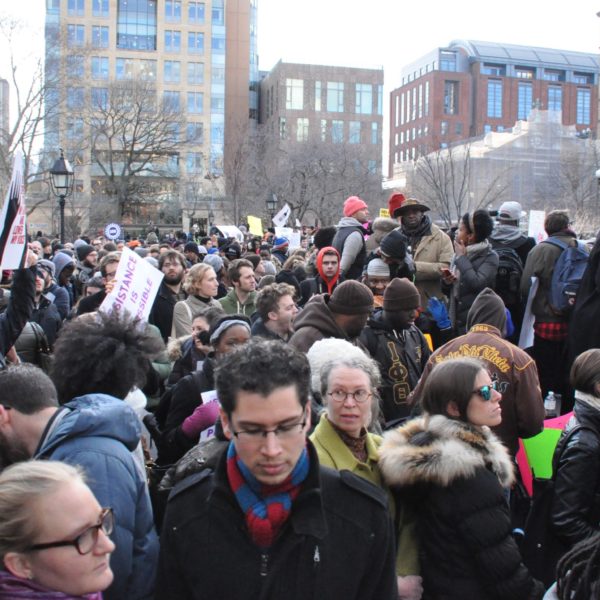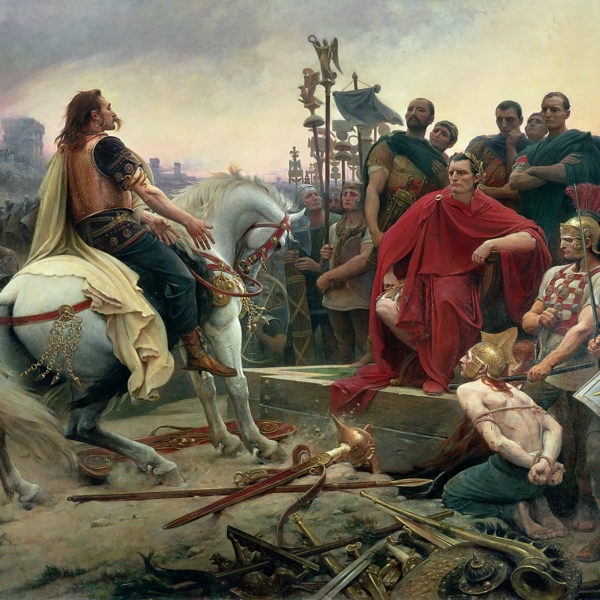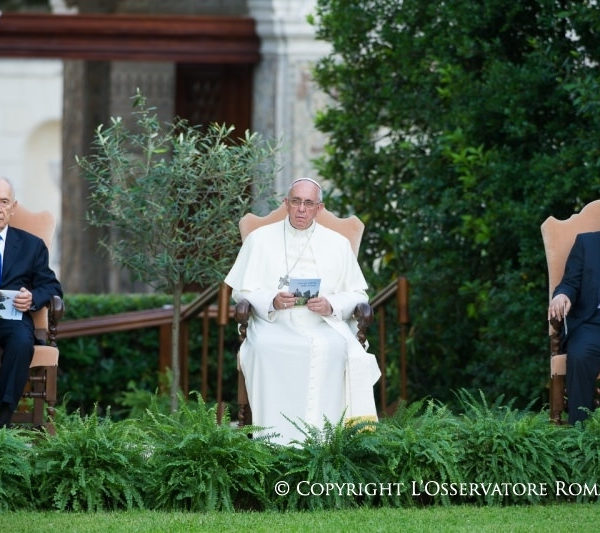
The journal Political Theology releases its newest issue which considers interesting topics, such as Eric Peterson on the modern nation state, Edith Stein and Jan Patočka in relation to the war in Ukraine, the “sacred” in leftist spaces, and the development of a “dark fantastic theological imaginary.”
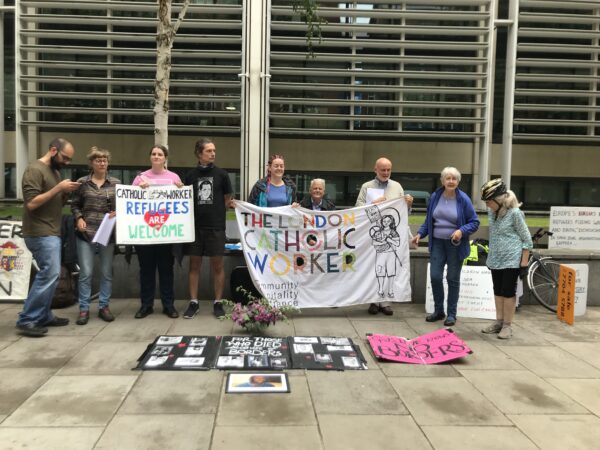
The London Catholic Worker creates the physical and intellectual spaces in which to practice radical hospitality and explore Christian anarchism. As these spaces can be transitory, easily destroyed or abandoned, the Catholic Worker must draw on its personalist and anarchist roots to adapt to a rapidly changing world.

Put on your feet whatever will make you ready to proclaim the gospel of peace. These shoes are not weapons, nor are they articles of protection. We are instructed to put on a pair of shoes that makes us ready to proclaim the gospel of peace. We are not prescribed jackboots to save ourselves. Nor are we charged with some soft slipper of gentleness. We are instructed to find shoes that make us ready to proclaim the gospel of peace.
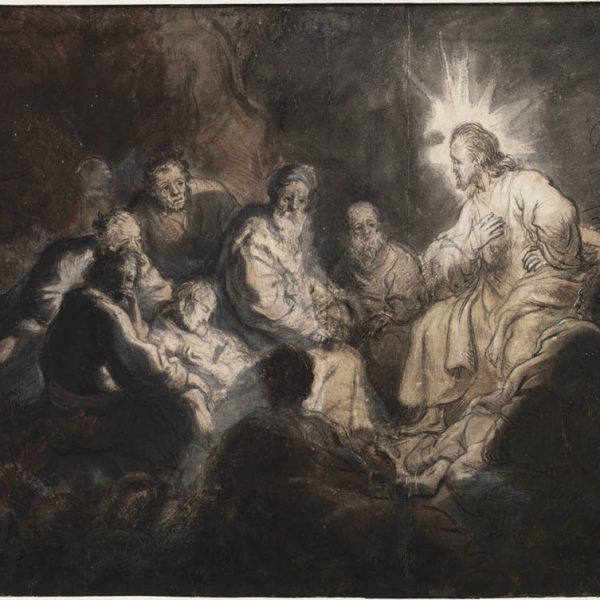
In the first beginning, the Word gave form to that which was formless; in this new beginning, the same Word speaks a word and brings peace to men who are afraid.
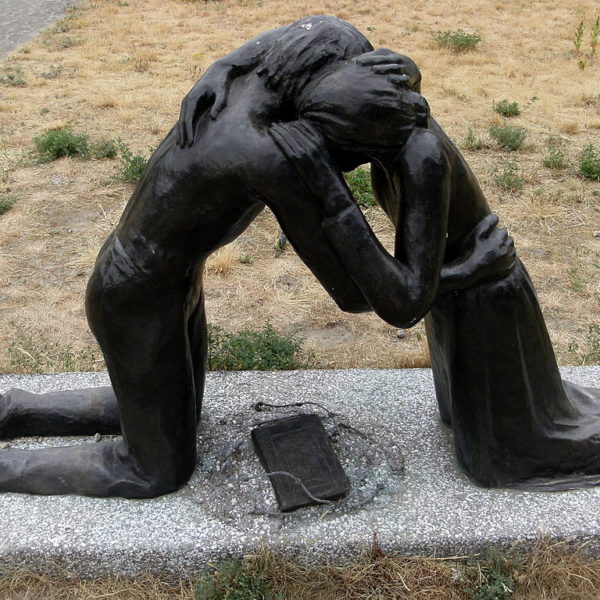
In Romans, Paul speaks of a God of reconciliation, who makes friends of enemies. Principles of reconciliation and of the love of enemies have often been quarantined from the political realm in systems of political thought that prioritize the enemy-friend polarity. However, a politics of love for enemies and of reconciliation with a creation from which we have become alienated may never have been more urgent.

The psalmist calls us to the fear of the Lord, offering us the secret to its pursuit. Straightforward though it may be, the psalm’s challenge to avoid evil-speaking, deceit, and to depart from wickedness and pursue peace would have seismic effects for our political landscape were we to commit ourselves to it.
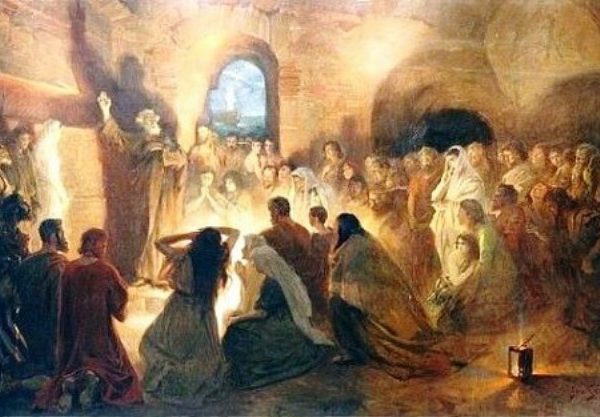
The Apostle Peter calls for the virtues of patience and peace in our waiting for the eschaton. At face value, these virtues might appear more congruent with an apolitical complacency. However, closer reflection reveals that they involve both the work of bringing peace and commitment to works of anticipation.
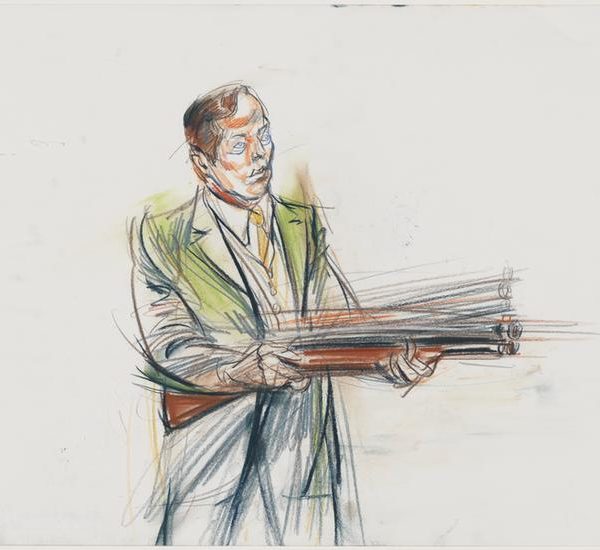
Three years before, Eleanor Bumpurs had been shot. A sixty-six year old black woman shot by a white police officer. Shot twice. With a shotgun. In her home. A case against the police officer wound through the courts in fits and starts. In 1987 the officer was acquitted. It was then, on the streets in front of the courthouse, that the press recorded for the first time the chant, “no justice, no peace.”
